Guest writer: Anna Nilsson Spets
Moheli aka Mwali is the smallest of the Comoros islands, at 213 km2 (think the size of Orust) it is barely discernible on the map. Fomboni is the main town. The flight takes 20 minutes from Moroni to Fomboni, the procedure with papers and stamps takes place once more and if the infrastructure was poor on the main island, it is completely lacking here.
On Moheli there are not many accommodations to choose from, my choice fell on Laka lodge, with full board, actually much more expensive than my tight budget allowed. The choice turned out to be worth every penny as the proximity to food and coffee shops was equal to zero.
A minibus from the lodge was waiting for me, two hours journey on winding roads, up, down and many hello-come-to-me curves. The scenery is amazing... 50 shades of green and nature's artists have splashed colour in the form of tropical flowers.
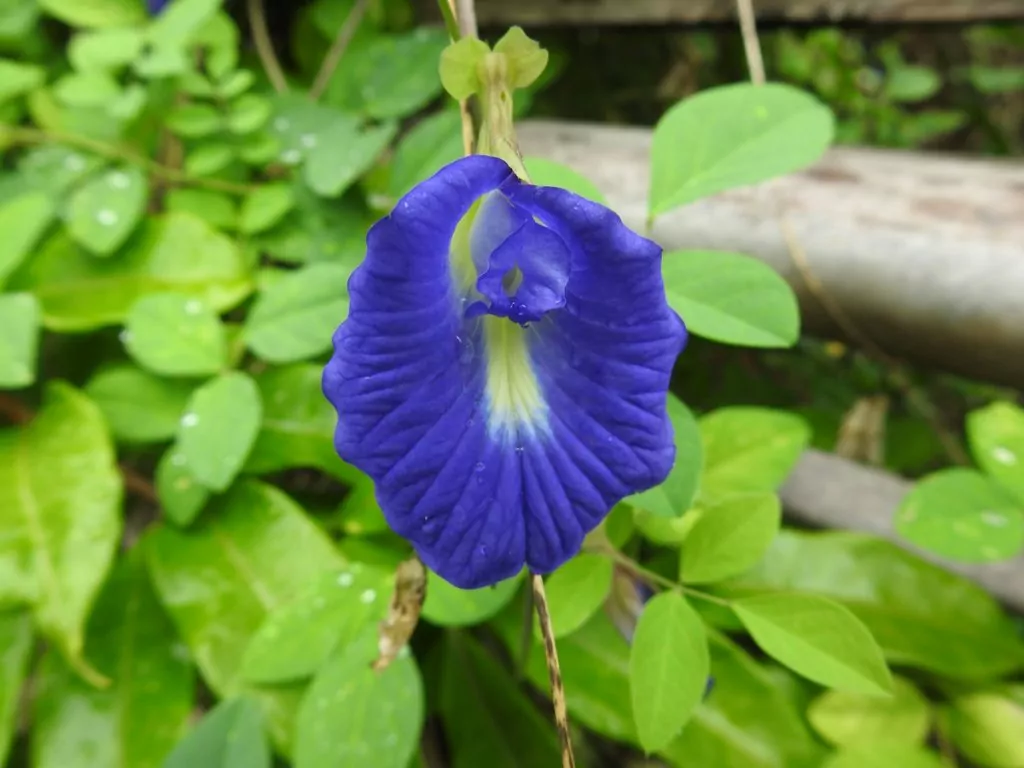
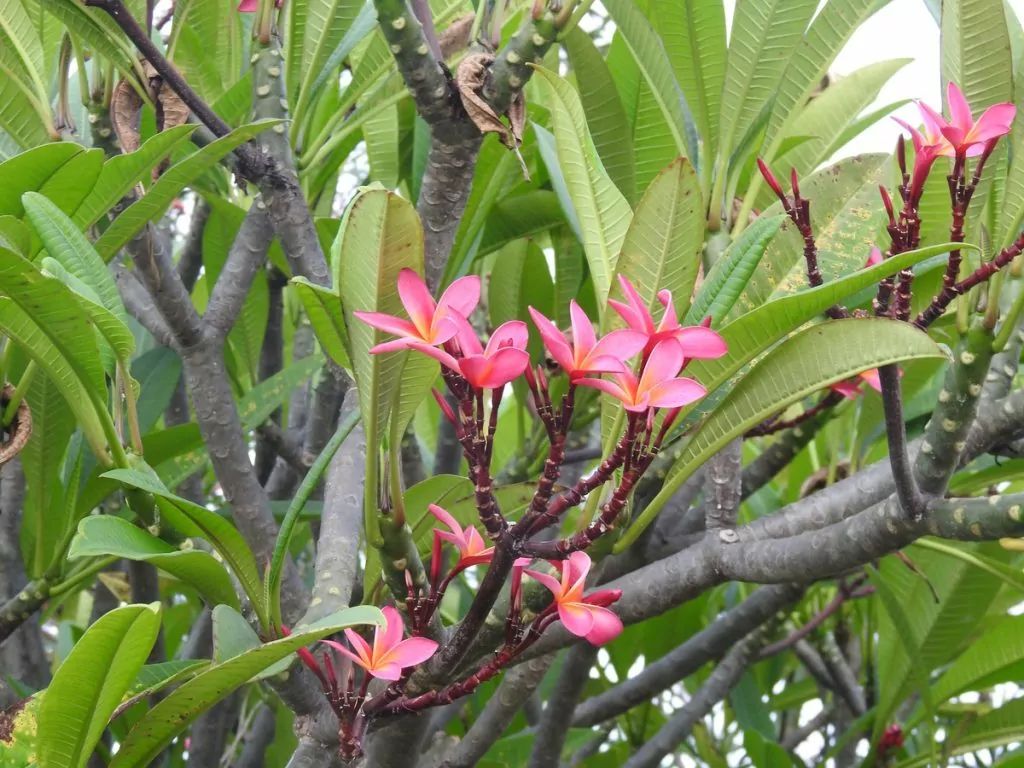
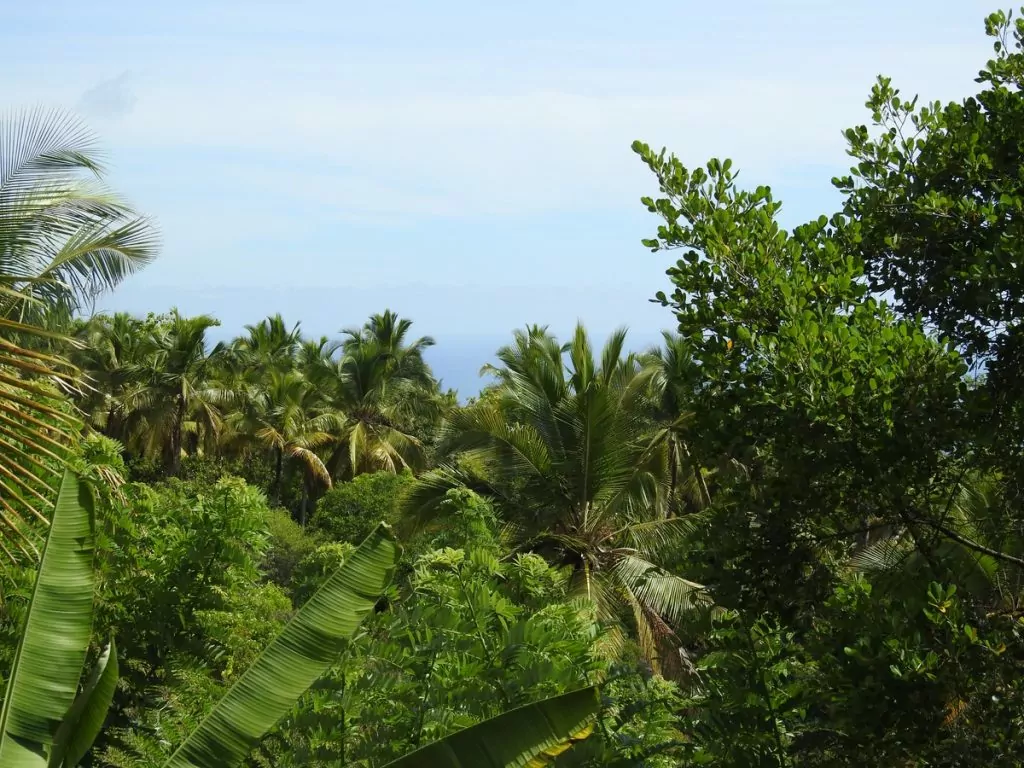
Where the road ends is Laka lodge, bungalows with terraces facing the sea, in the centre a reception and restaurant. It turns out that I am the ONLY guest, all week. It is low season and pre-booking times. My very own bungalow is secluded at the far end of the beach, a fan and mosquito nets will be of great help during the week.
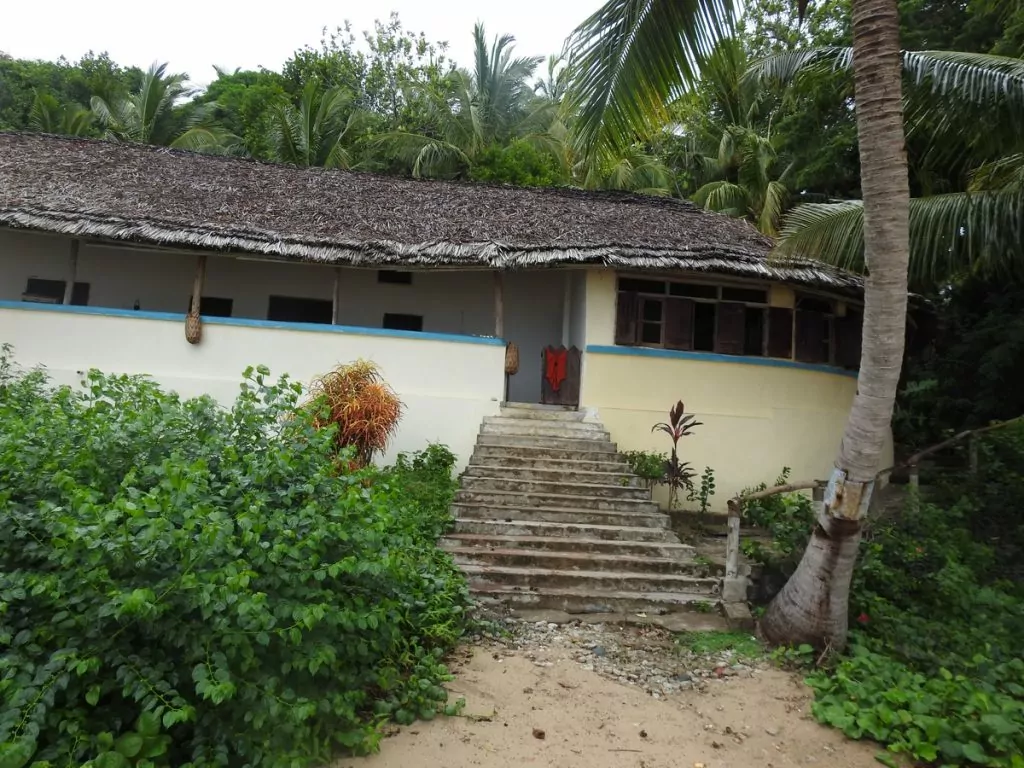
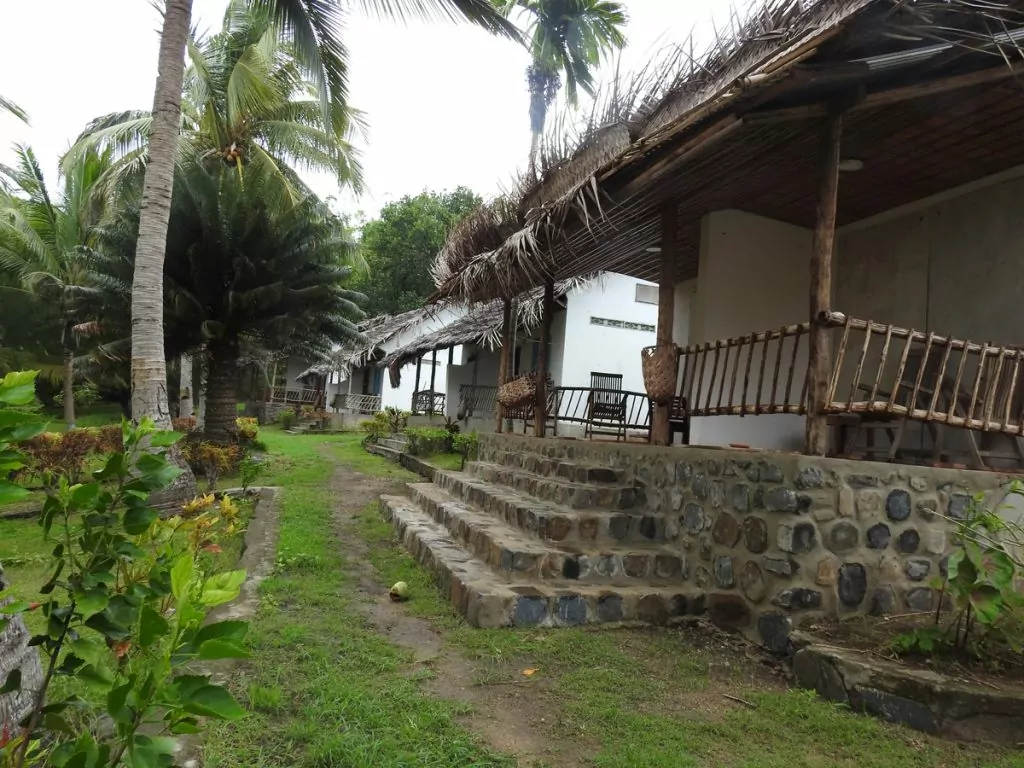
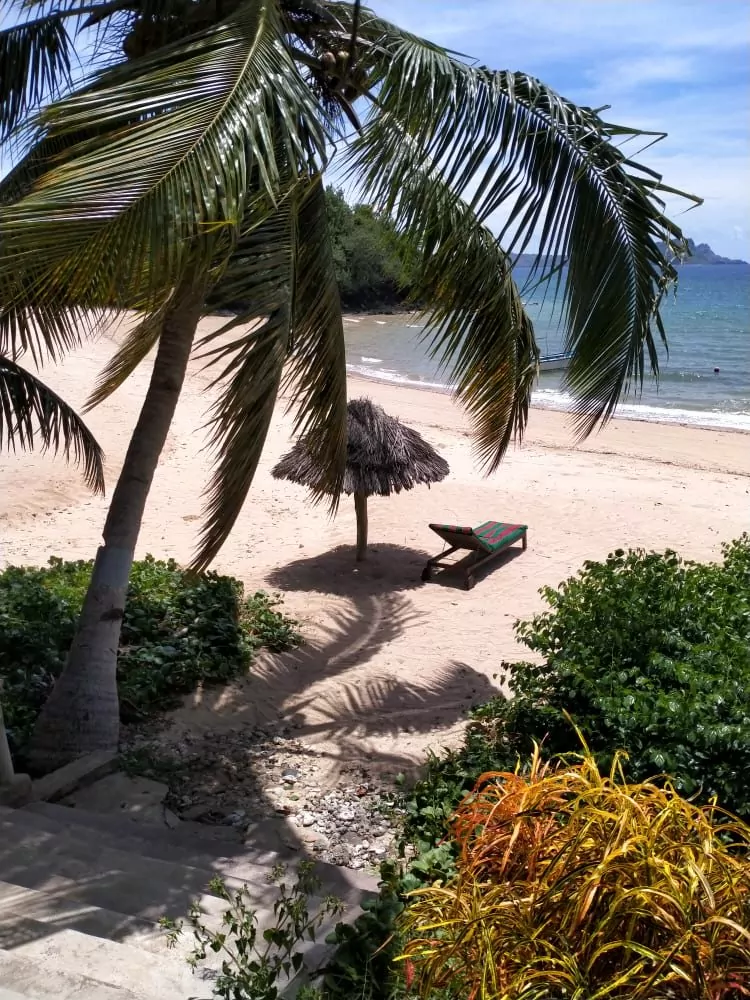
The first night I wake up with something biting me angrily on my back, scorpion was my first thought. Dazed and a little nervous, I make my way through the pitch darkness, wake up the night watchman and use my excellent school French, he sighs and goes back to sleep. I get another staff member to follow me to my bungalow, we shake the bedding and crawl on the floor and find a fucking scolopender. I kill it with the flashlight. My saviour in need scratches off a handful of leaves from a plant and rubs my back, scolopenders are not dangerous but have some toxicity and can undeniably bite.
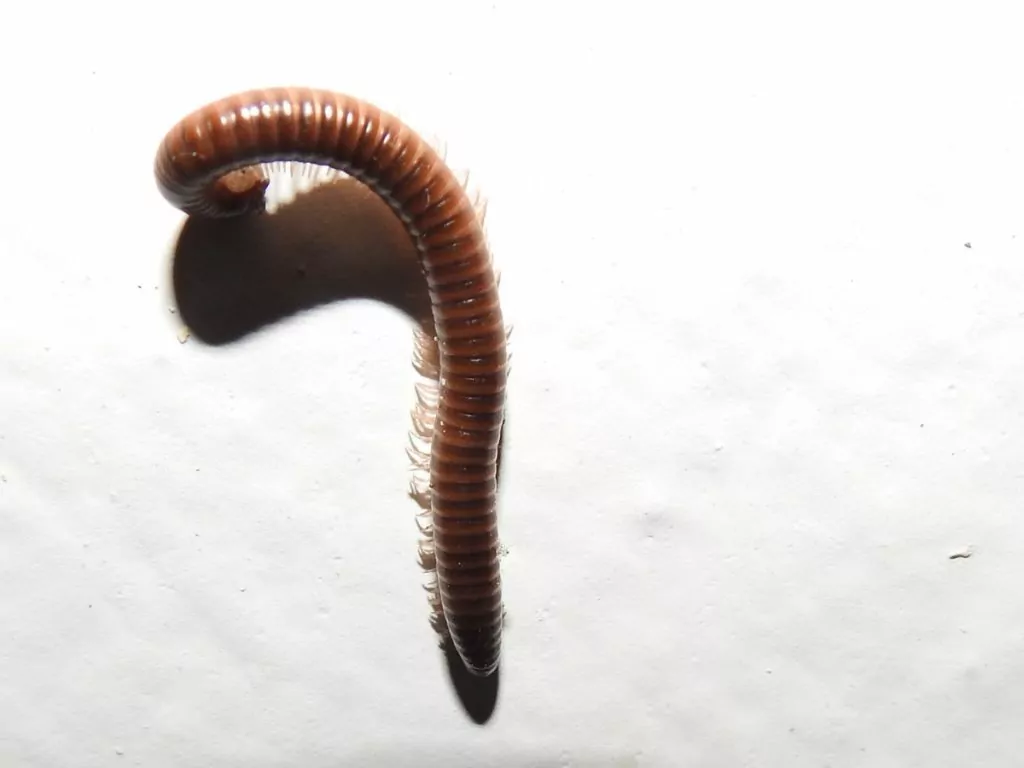
Laka lodge offers a party three times a day and the internet works well in the dining room.
Breakfast is a mix of dishes from different continents, while lunch is usually noodles or rice with fish. The occasional aubergine and breadfruit is thrown into the stews.
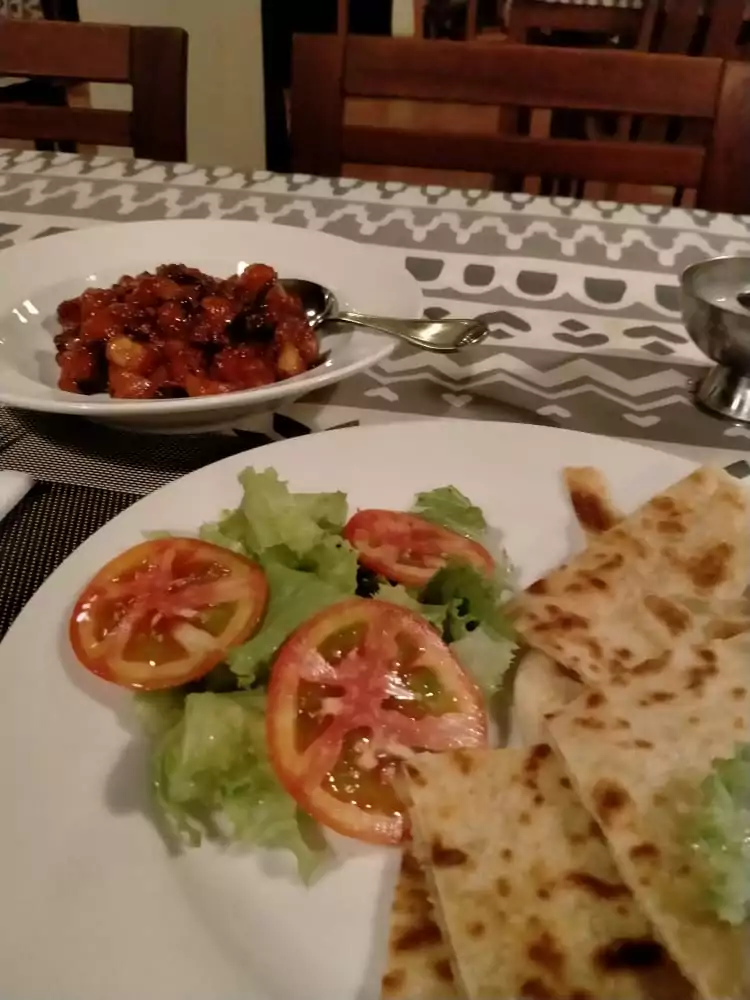
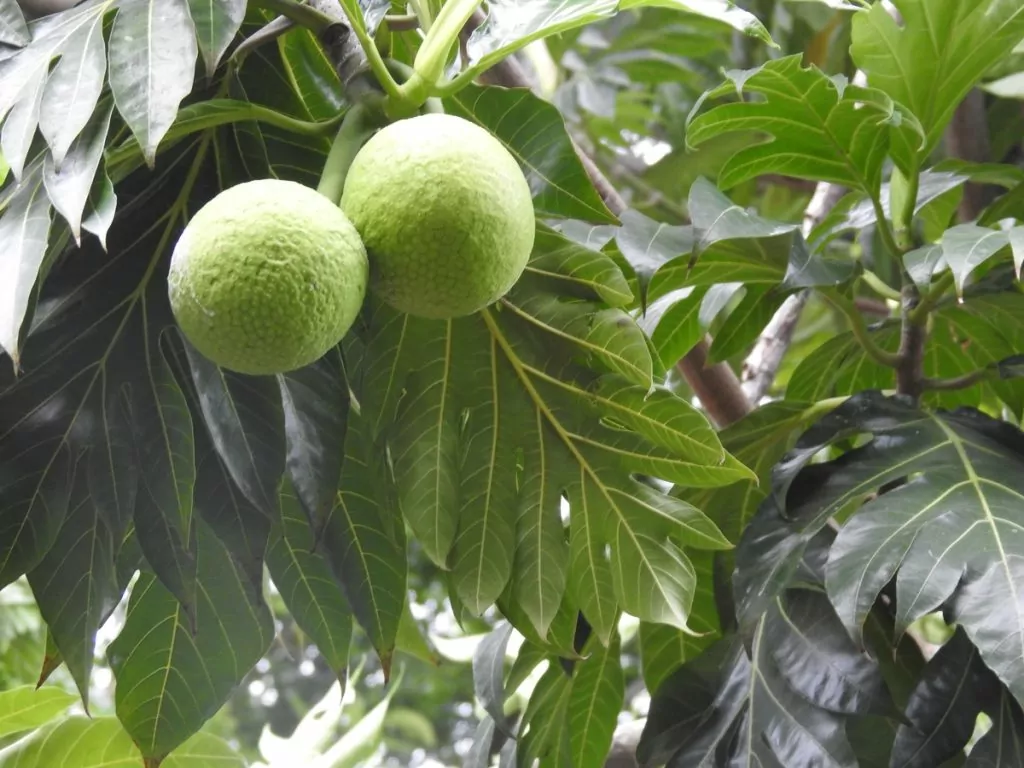
The dessert tastes of sun and heat and comes straight from the garden: papaya, mango, jackfruit.
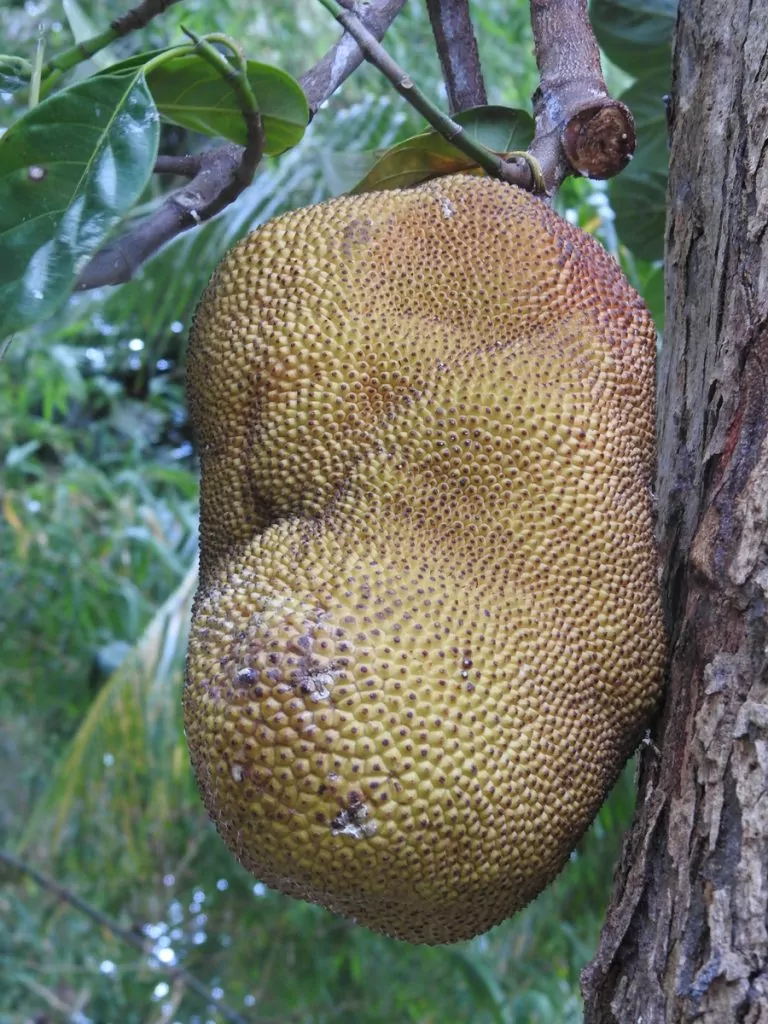
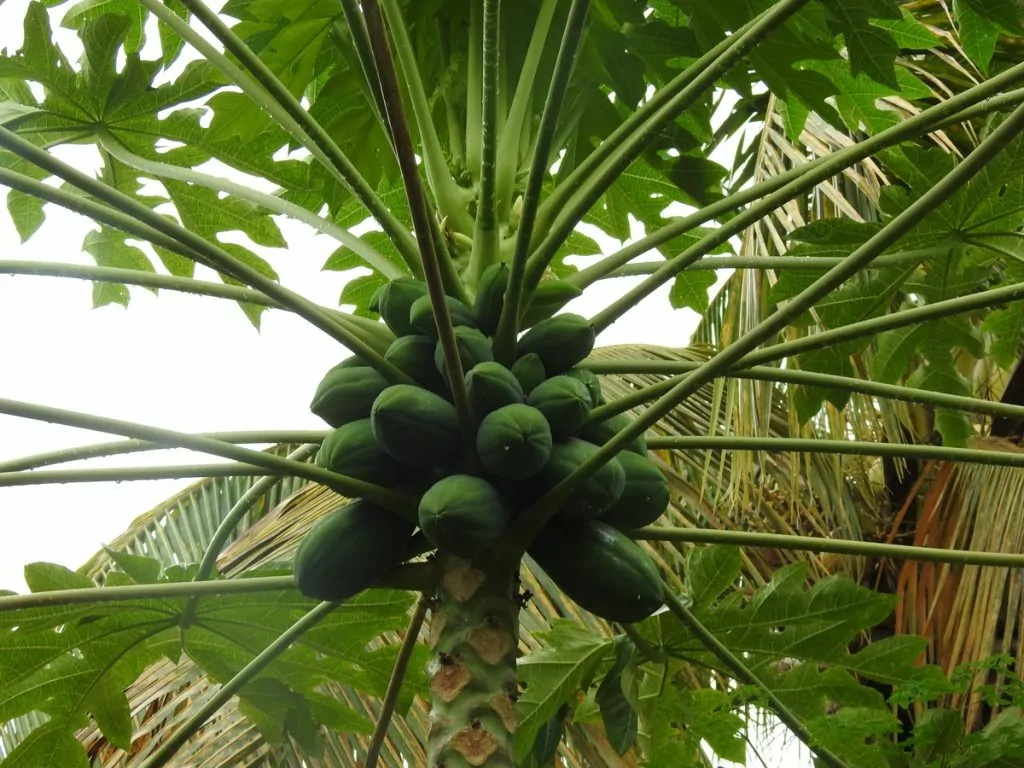
Every day I take one of those baby bananas with me and stand and chat by a huge bamboo tree. In the bamboo lives a lemur, he seems to have gone on holiday, I never see him. On Moheli there are two species of lemurs. I looked in the cannonball tree too, no Mr Lemur.
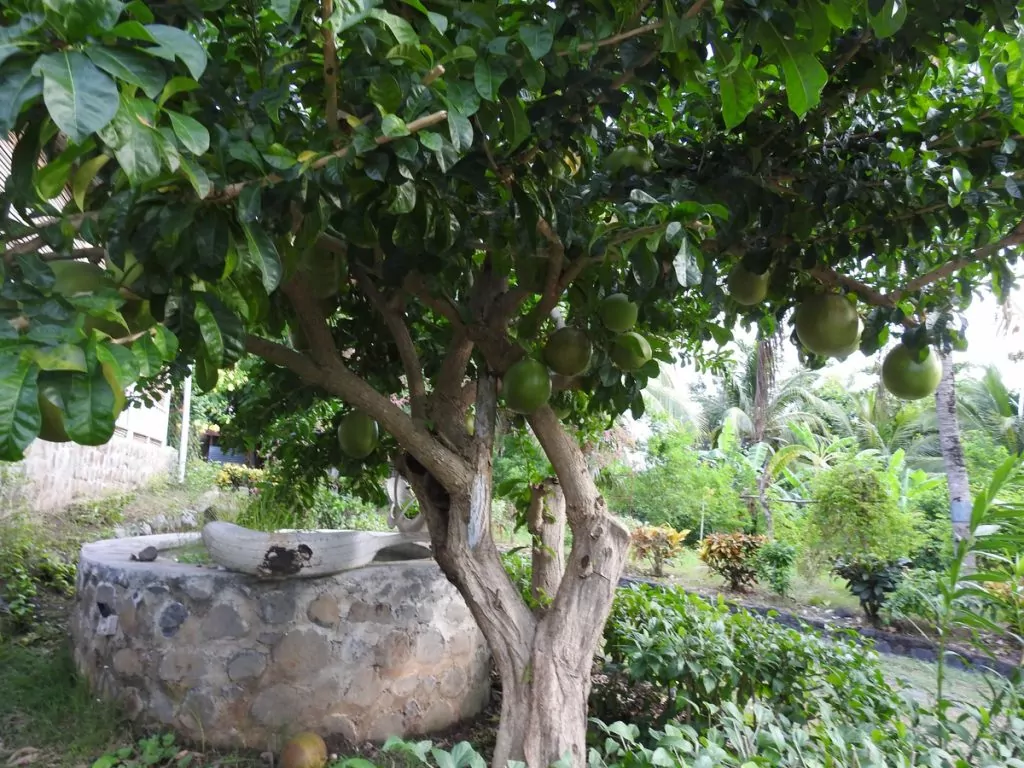
The Indian Ocean is almost mirror-like the morning I have booked a snorkelling trip. Laka lodge offers both snorkelling and diving tours.
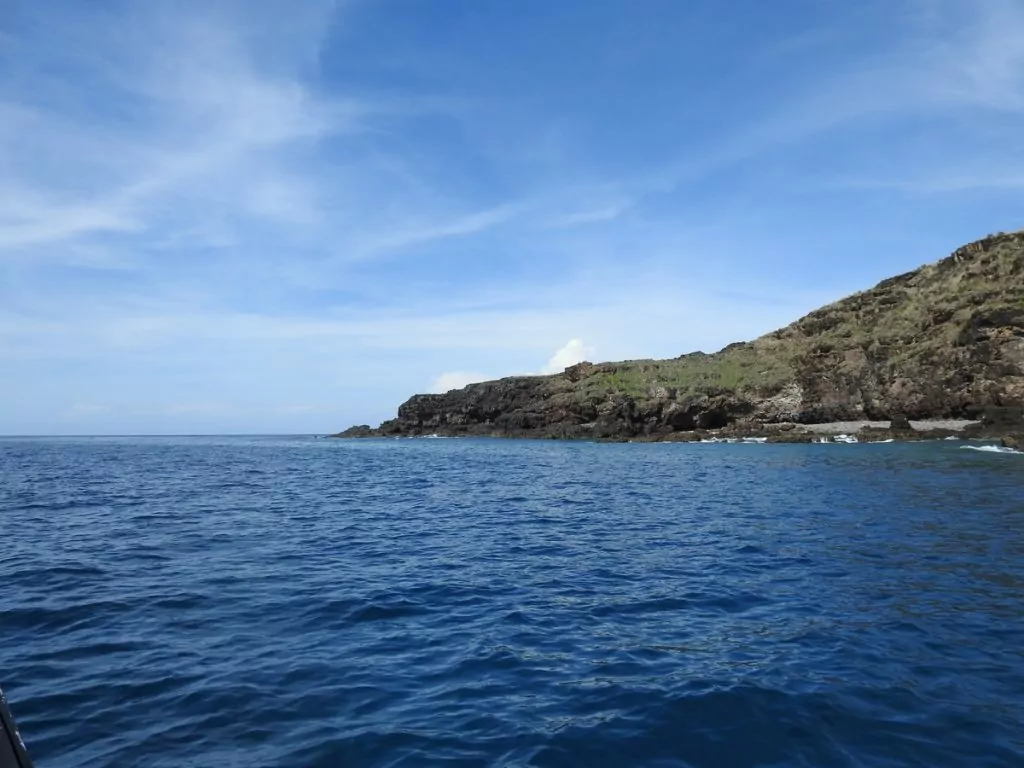
At certain times of the year, humpback whales can be seen as they take their migration route out here. Dolphins, whale sharks and giant manta rays can also be seen seasonally. Unfortunately, the dugongs have moved on.
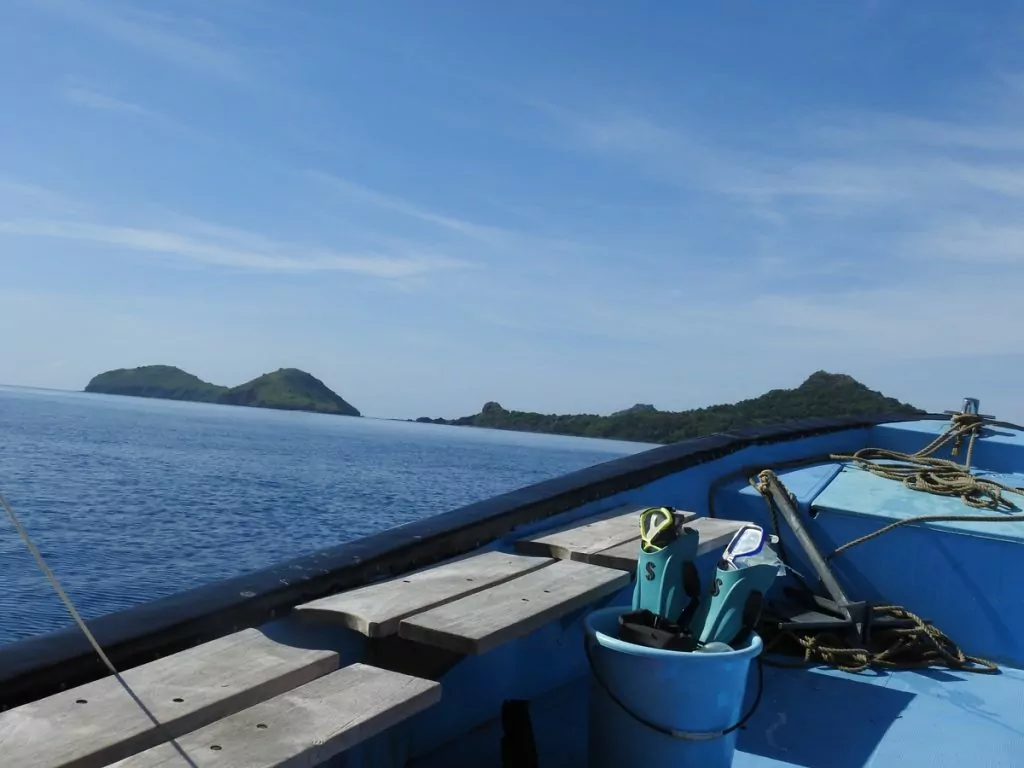
The whole area is protected, a marine national park, no dynamite fishing here. Life underwater offers an aquarium experience de luxe, fish in all shades of colour, lobsters, healthy corals and a visibility of many, many metres. A hawksbill turtle accompanies me for a bit, peers with its wise eyes and swims on.
Lepry island, a now uninhabited tiny volcanic island with a sad history. I see the remains of a tiny mosque, perhaps this is where people went to seek solace in their misery, because this is the island where everyone made their last journey in life.
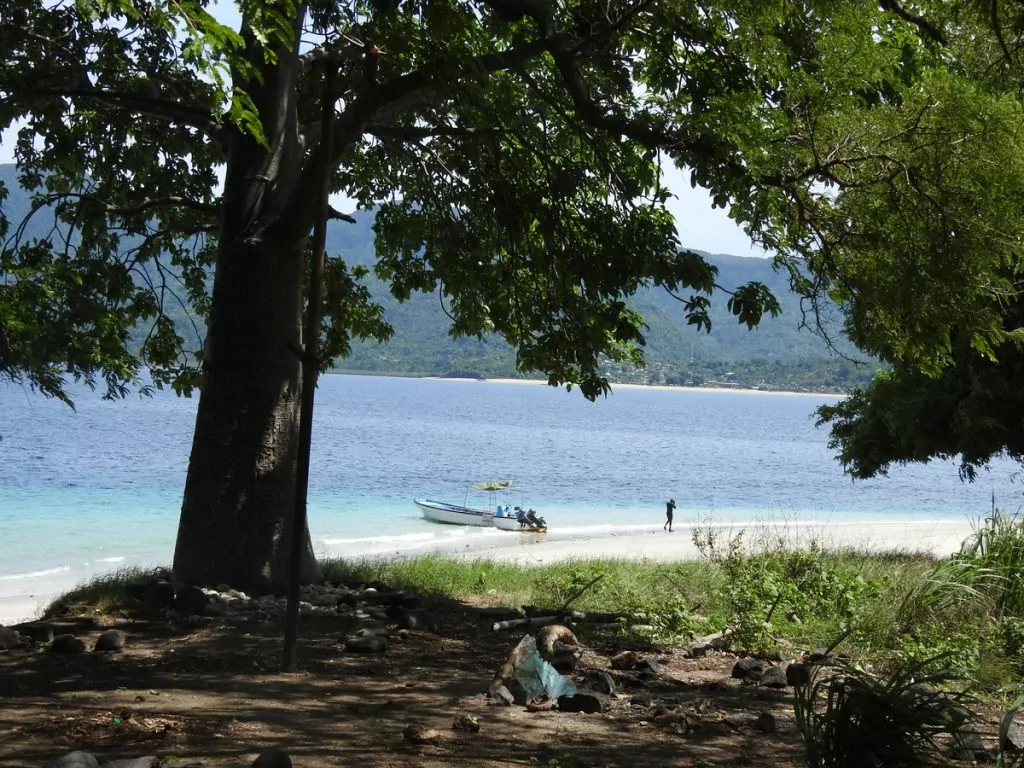
The sea, the wind and time have transformed the burial site into a human wall where bones are wedged between soil and roots.
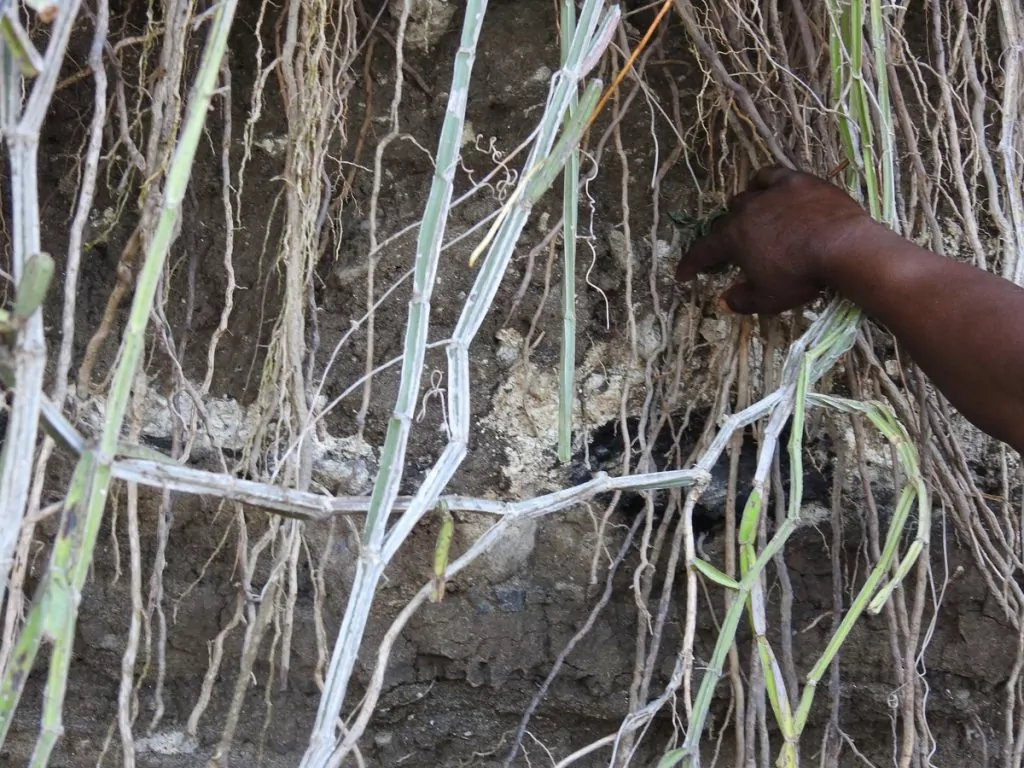
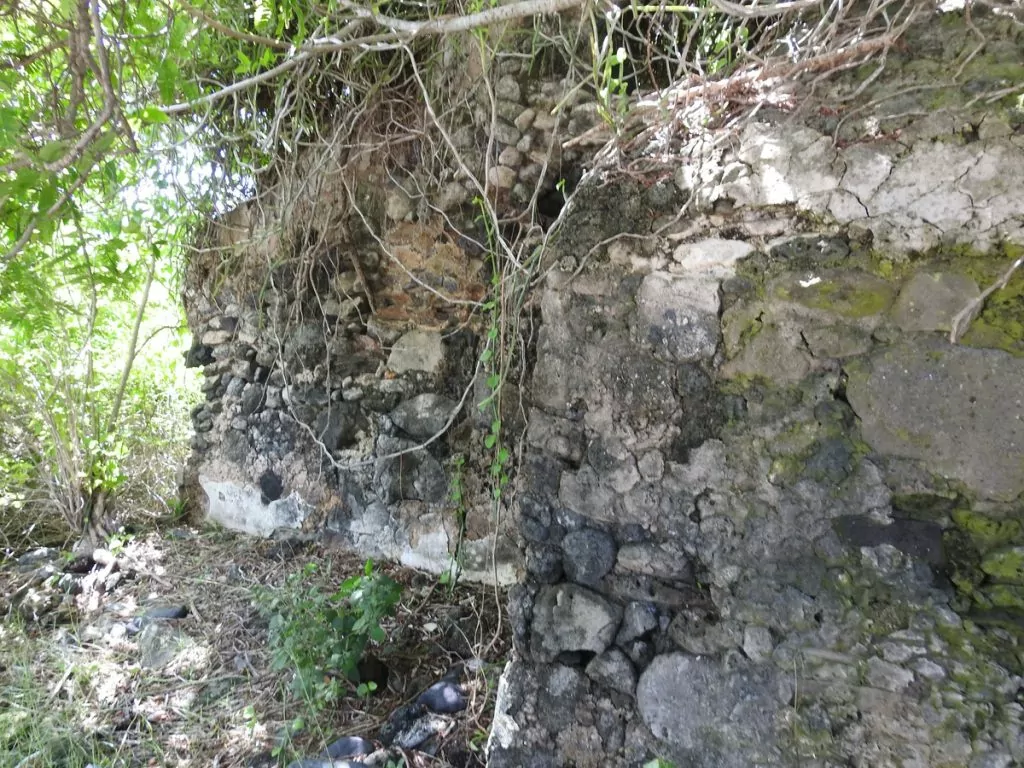
The daily life around the lodge involves renovation work for the coming season, new palm tree roofs to be braided, the beach to be raked and the coconut trees to be pruned and the only company I have is the night watchman who every evening with flashlight and umbrella makes sure I get home safely. We have a smoke on my veranda, then he takes his torch and patrols the deserted beach. Also not to be forgotten are my gecko friends who have a big meeting every evening on the bungalow wall. And this is when the rainy season starts, no doubt...
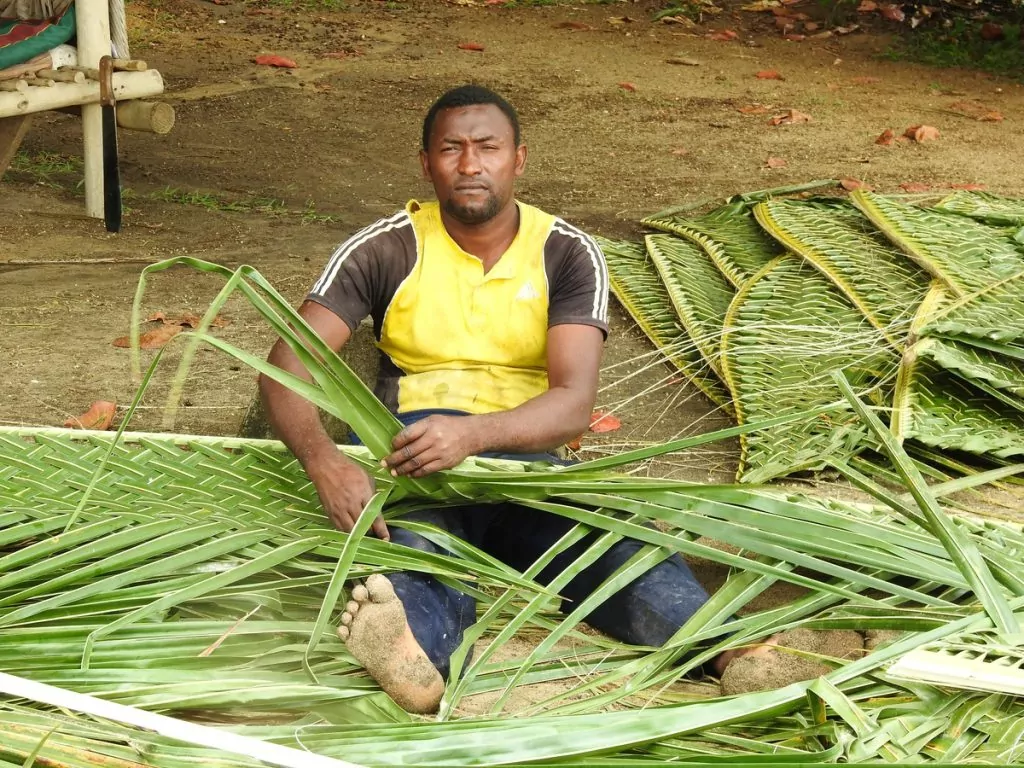
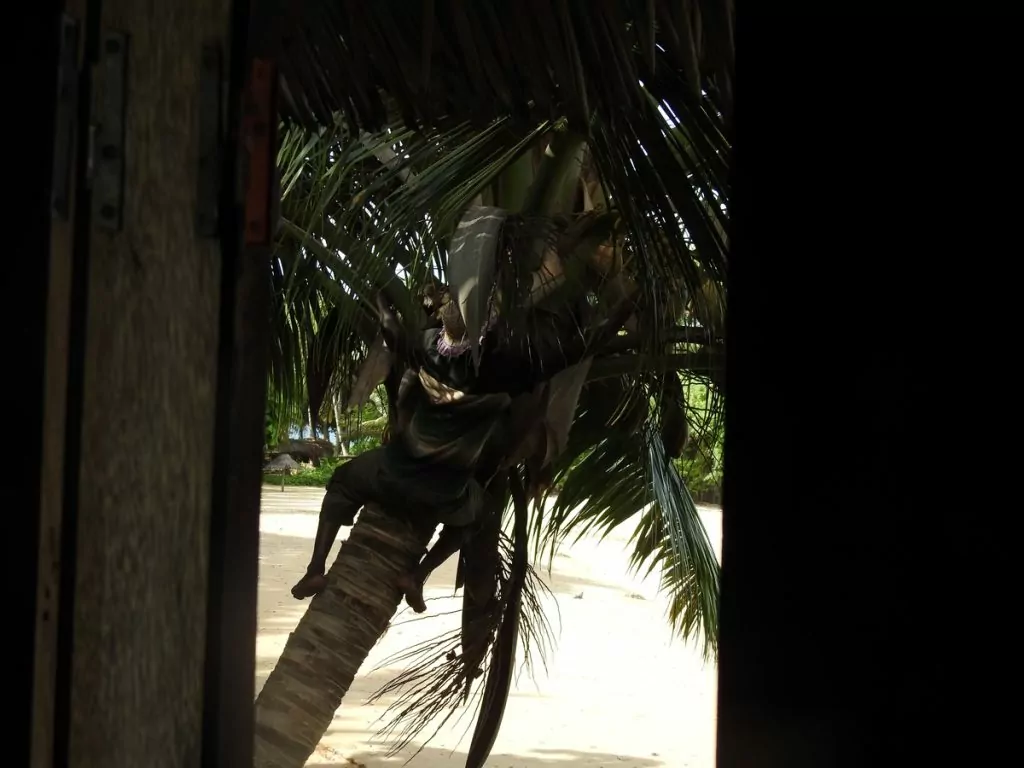
I wake up and fall asleep to pouring rain and thunderstorms, all my planned excursions float away, the lodge otherwise organises various tours; egg laying with the green sea turtles, spotting the endemic Livingstone's fruit bats and visits to the waterfalls.
The roads are washed out and look more like tractor roads.
On the other hand, nature offers beautiful spectacles from my veranda, I bathe in the drizzle, read and sip delicious juices.
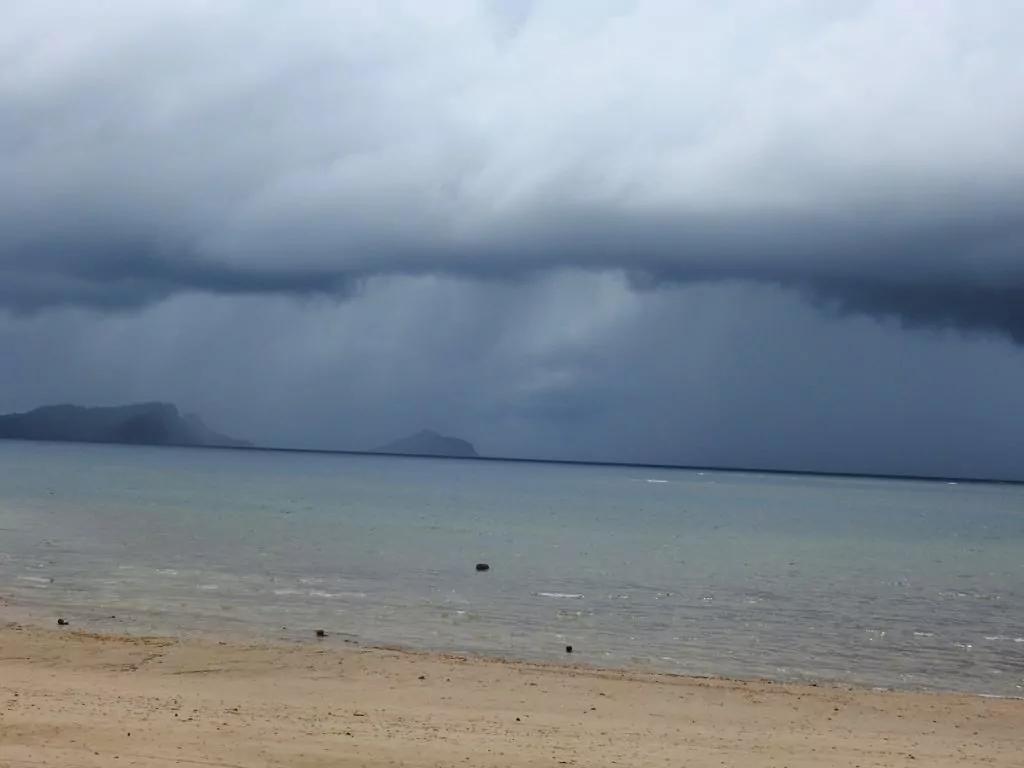
That's called chilling, isn't it?
A stone's throw away from my orderly and carefree life is a village. The streets are a muddy mess, the houses and sheds cling to each other and the fully loaded minibuses come and go.
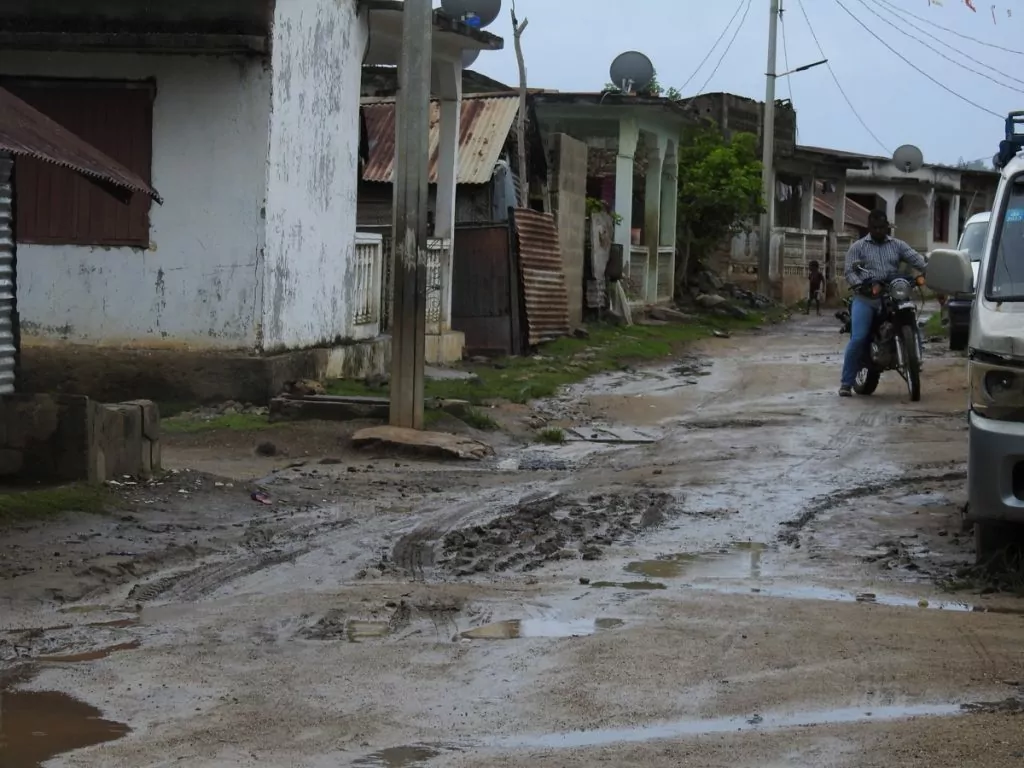
The thought often strikes me: -What are they waiting for? A day's work that can bring in a penny, a customer?
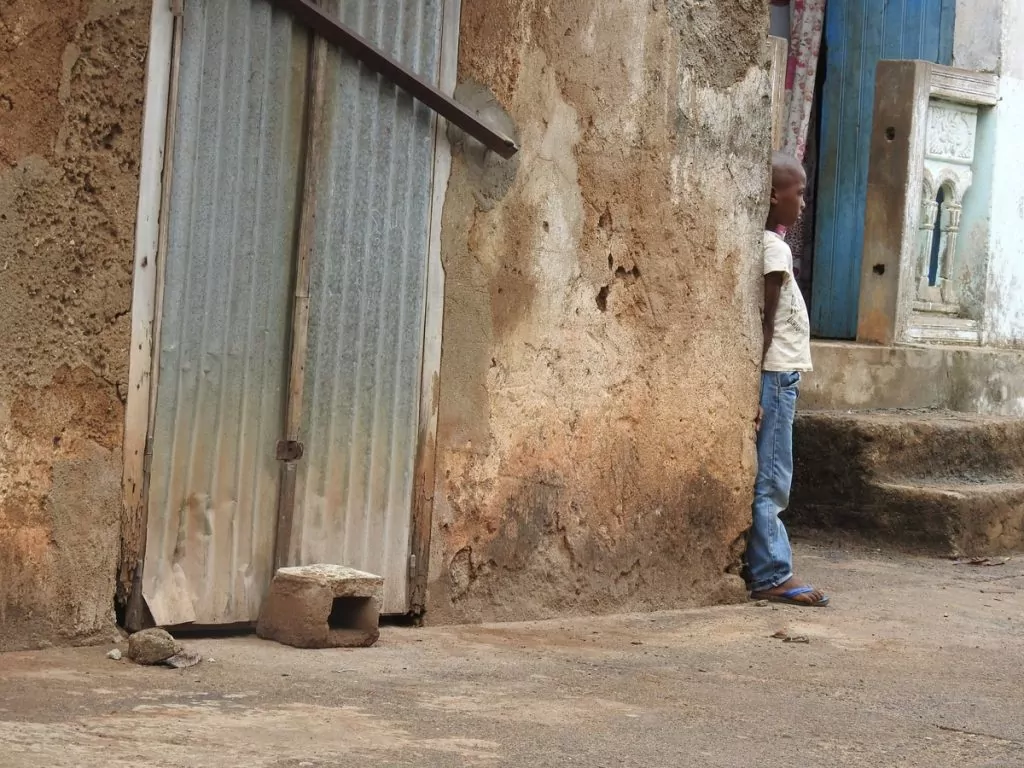
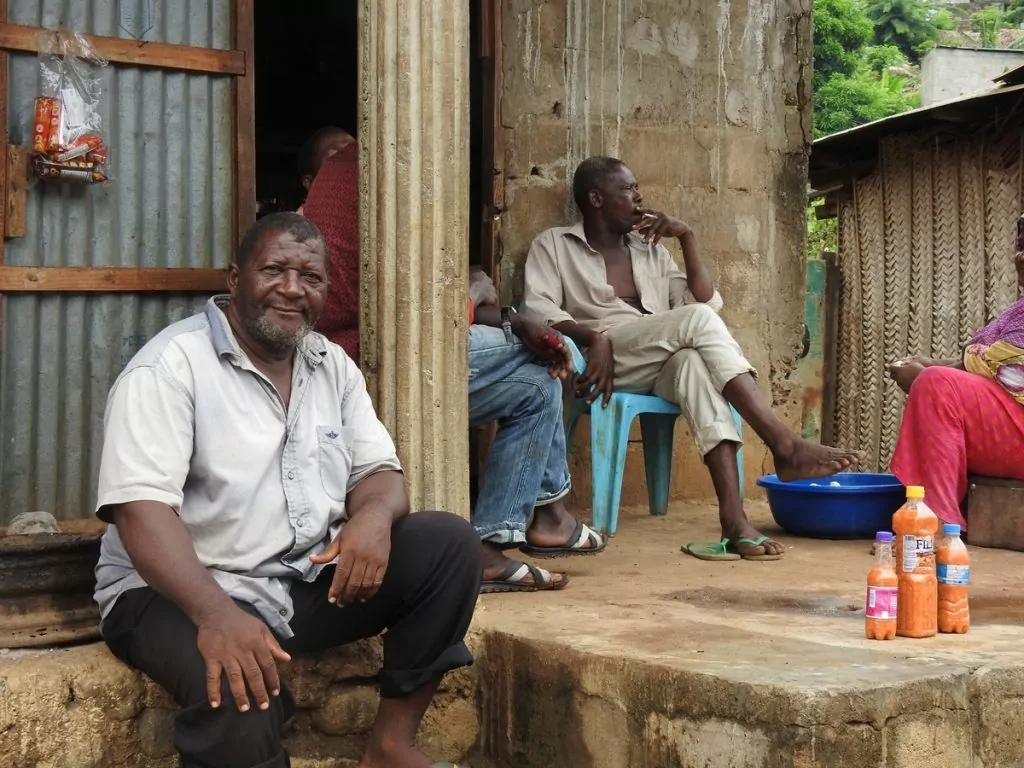
The Comoros is one of the poorest countries in Africa, as well as one of the most densely populated. Years of political schisms and coups, corruption and an inefficient economy have led to this misery. There are no natural resources to speak of, and income-generating activities such as tourism fall by the wayside due to poor communications and non-existent infrastructure.
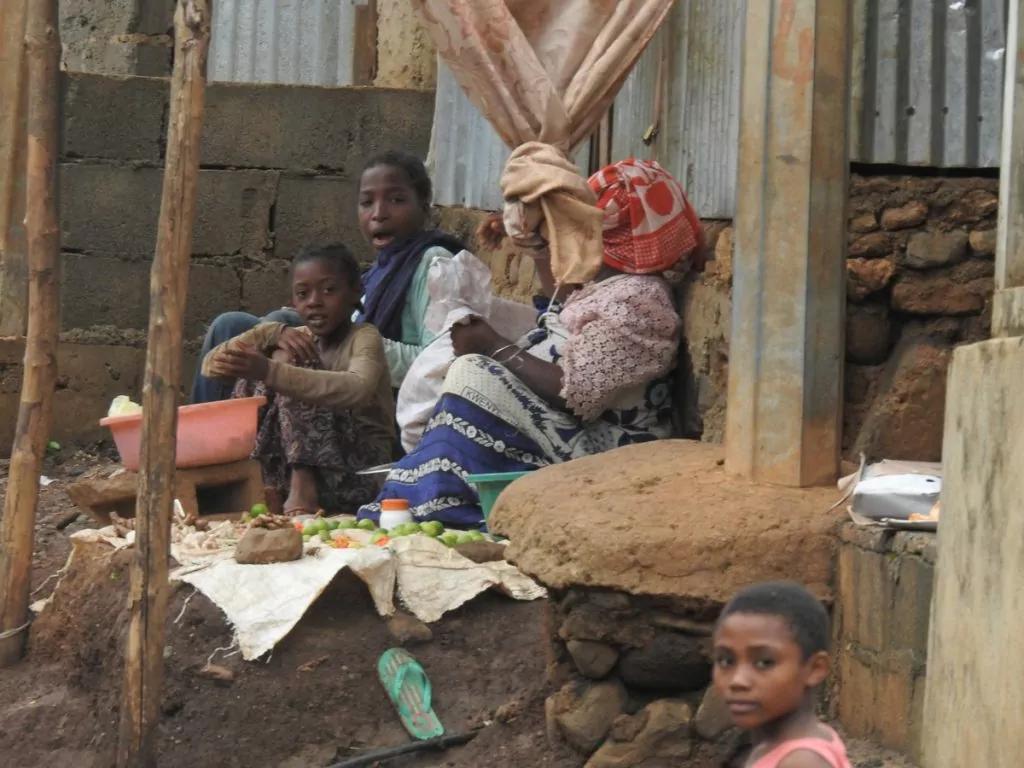
There are a few decent houses along the main street in the village, but the inside is something else entirely. Relatives working abroad contribute to building a house, but inside there is hardly any food on the table or water and electricity. The need for all kinds of aid is palpable.
In the Comoros, people earn their daily bread through petty trade, agriculture and fishing. They grow cassava and spices and ylang ylang for perfume. Business in the village seems to be going smoothly, with hardly any goods and no customers.
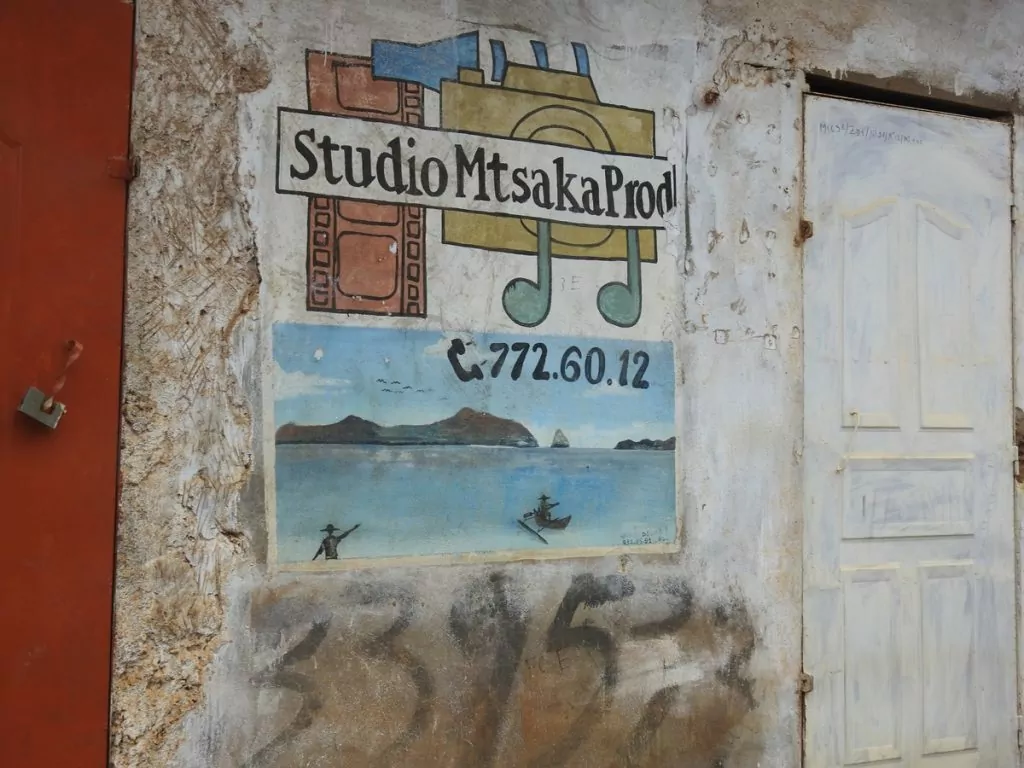
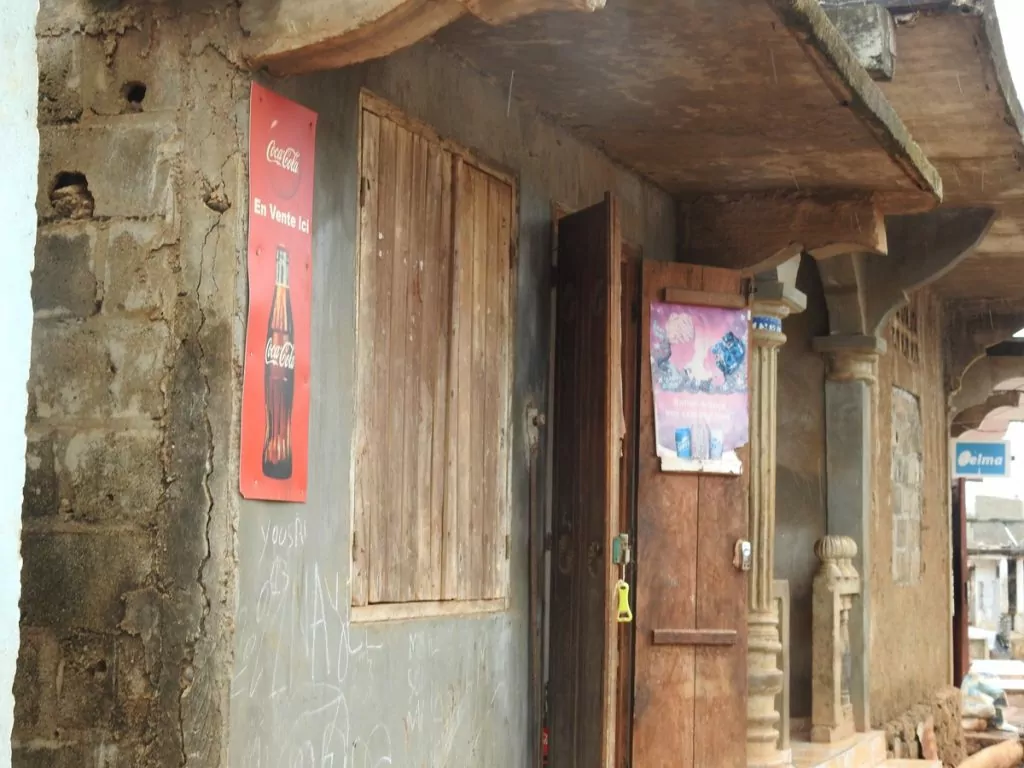
This day is an ordinary day and should be the day when children go to school but instead I see them loitering around the village, hanging out at the bus stop or helping their parents. Officially, schooling is compulsory for 10 years, but many drop out early for economic and social reasons. Literacy rates are frighteningly low.
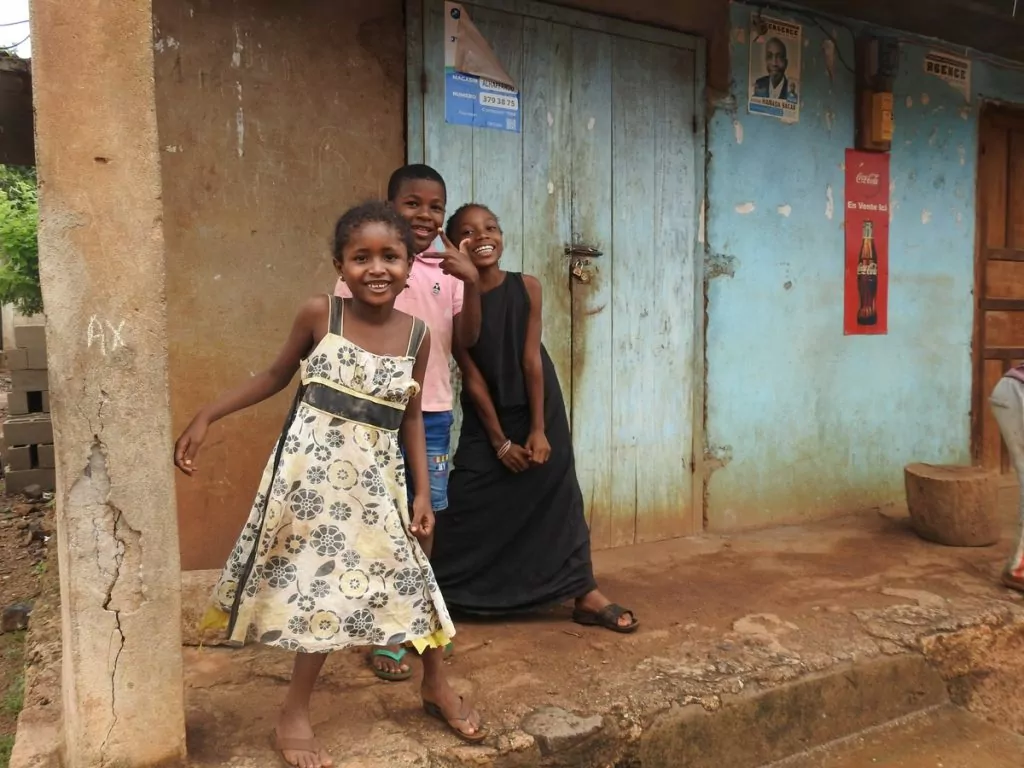
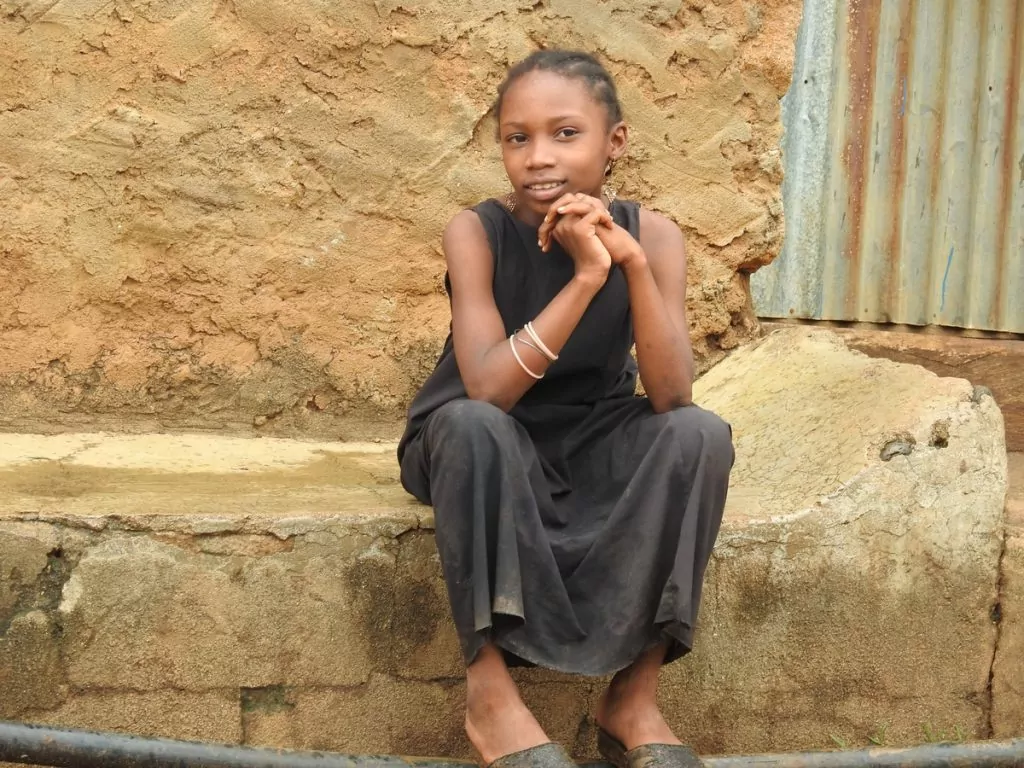
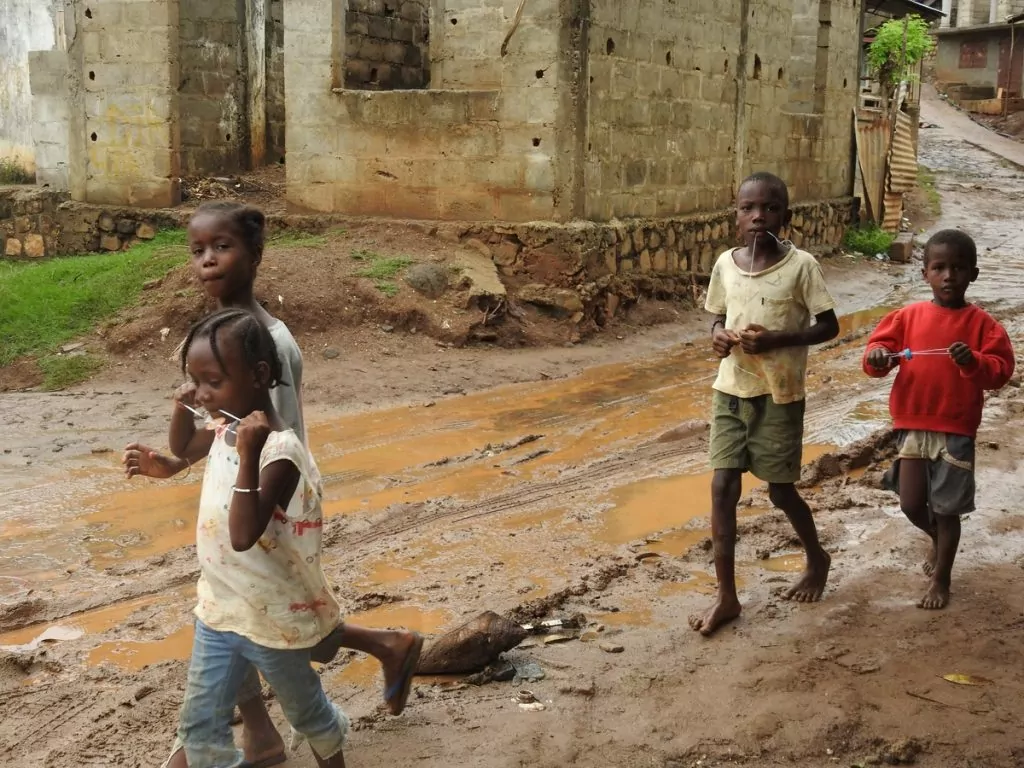
The village's natural meeting place is the beach, where fish prices are discussed, men draw a spade and children play marbles. Unfortunately, the beach is also used as a public toilet and rubbish dump. The reality is quite different behind the lodge.
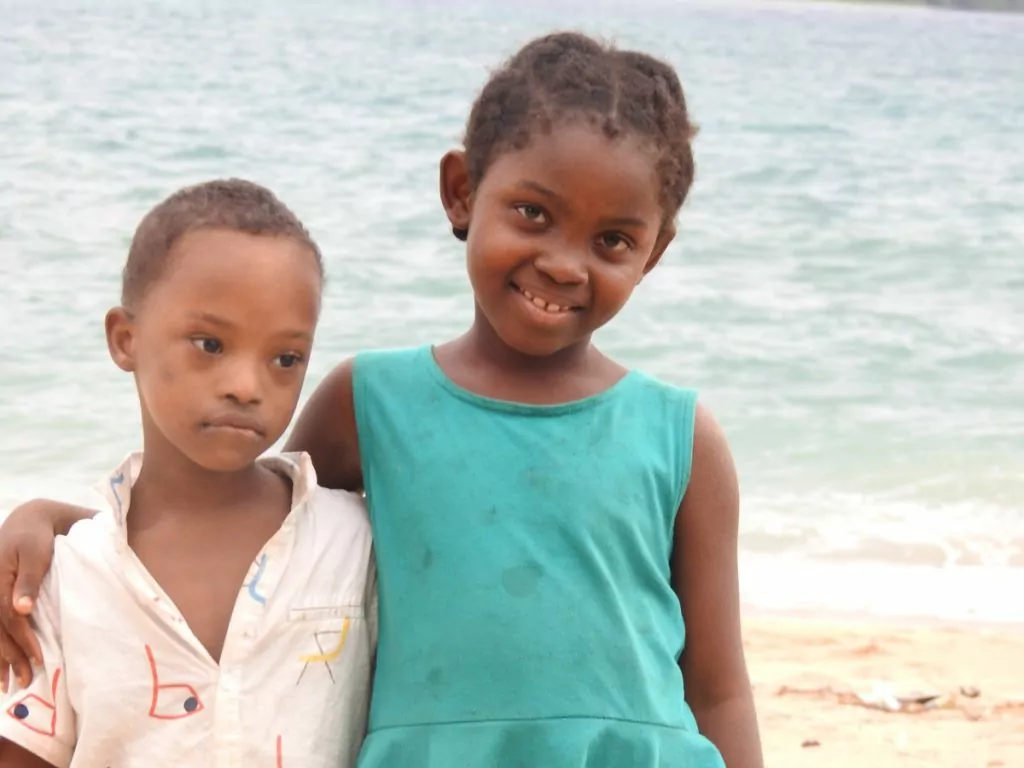
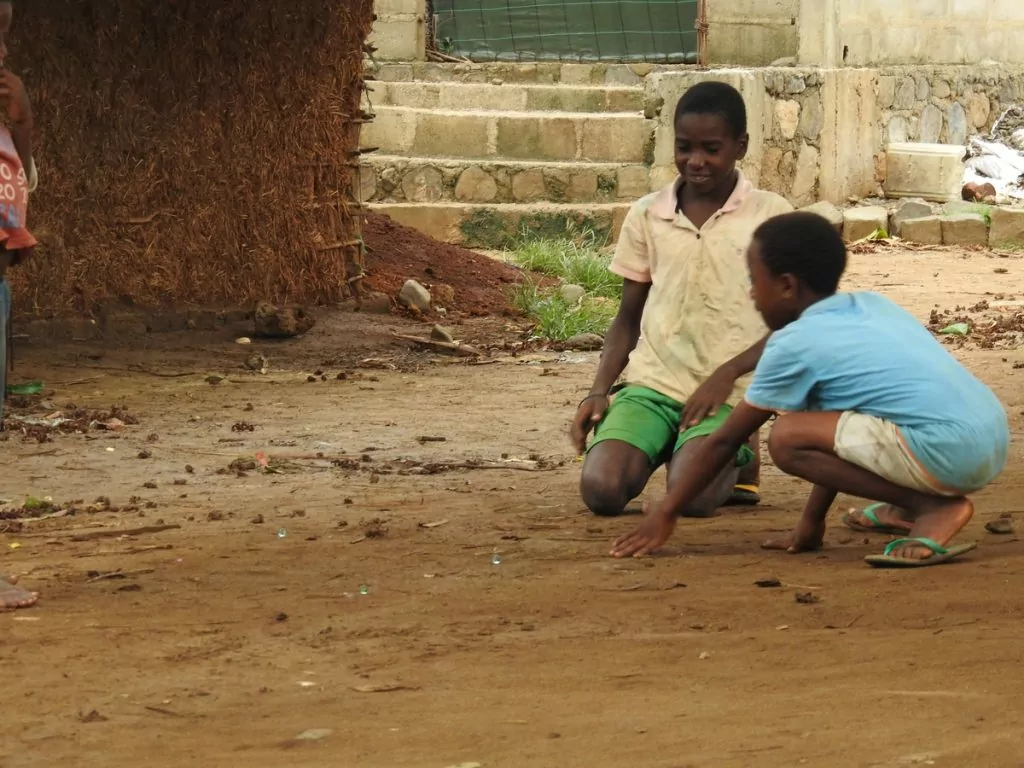
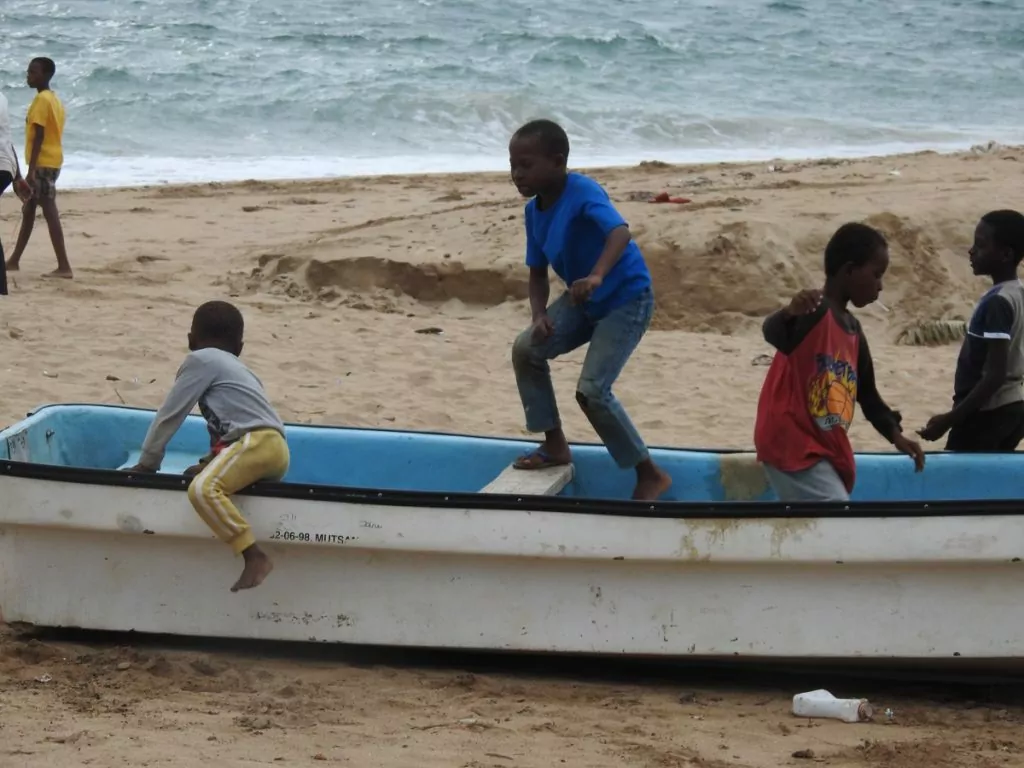
All medals have their reverse side.
The day of return to the big island came, arrived in good time at one of the smallest airports I have been to, the flight cancelled and I was prepared for that, as it happens quite often. What I wasn't prepared for was the fight to get on the next flight. After hours of queuing, shouting and elbowing, I was pulled into the waiting hall, the size of a Swedish living room. More hours of waiting, no food or even drink to buy and 35 degrees centigrade heat.
When I arrived at Grand Comoros, I treated myself to a better accommodation with a swimming pool without water but a working network which then told me that my flight home had left 8 hours earlier. Sunday, everything closed, panic taxi to the airport, book a new flight and the money flew away faster than the flight.
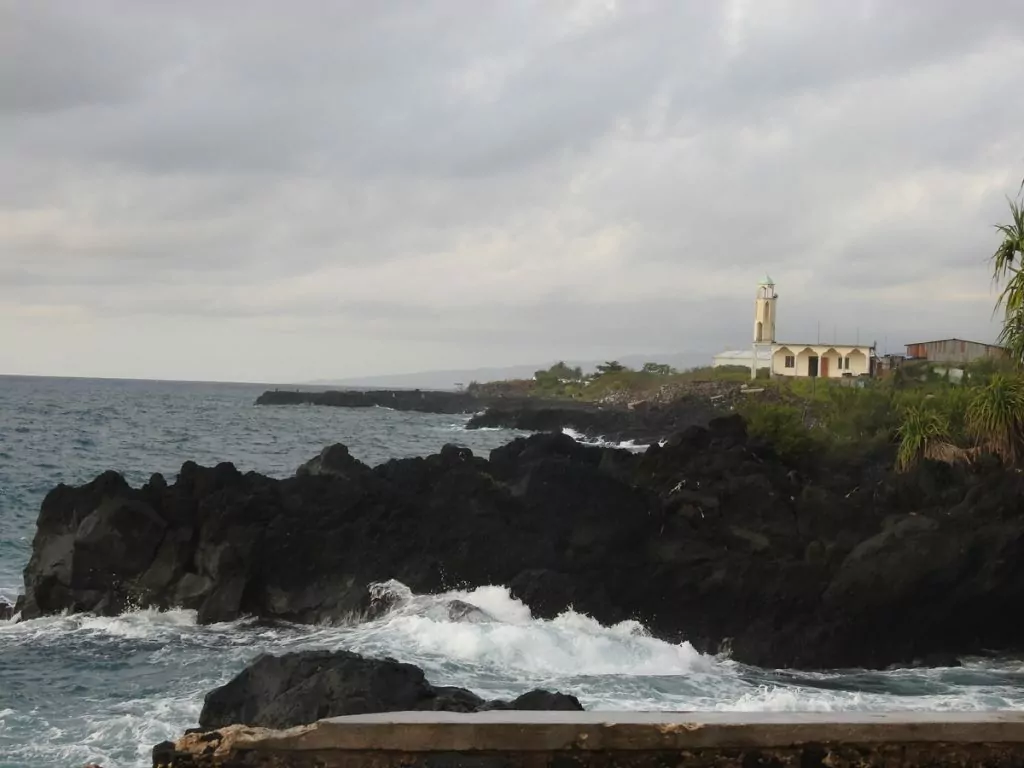
So for those who have a great deal of travel skills and patience and want to experience authentic African island life, GO!
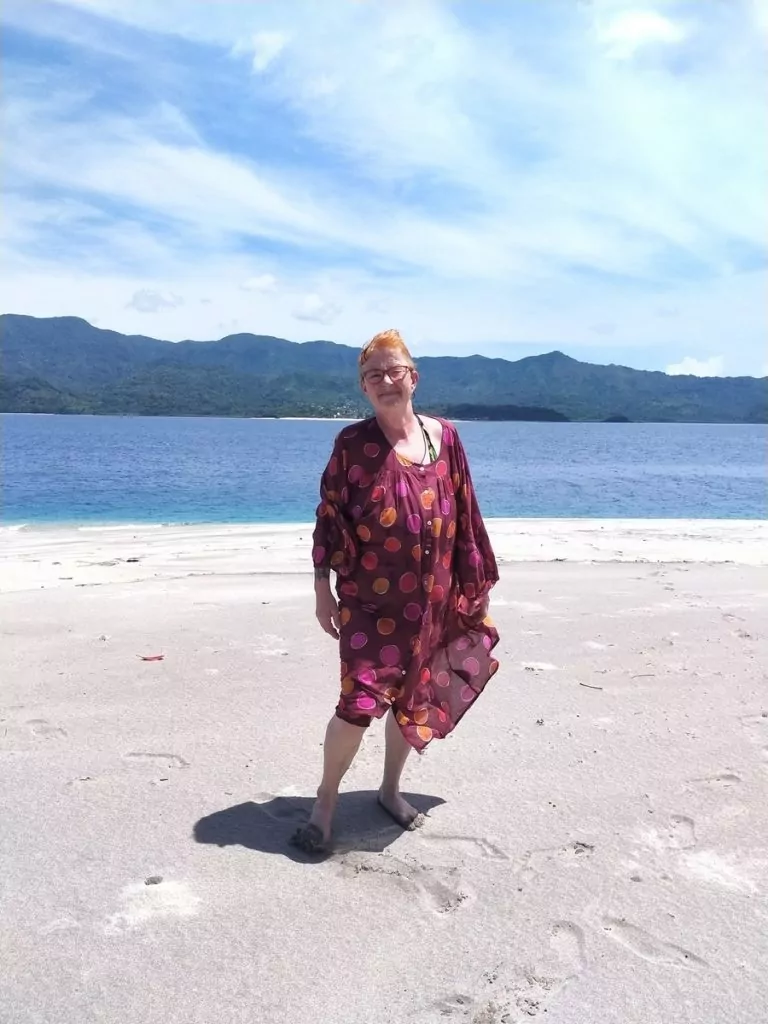
Travel advice for Moheli in Comoros
Flights to Grand Comores
- Kenya airways via Nairobi
- Ethiopian airlines via Addid ababa 500-800 euros.
Domestic flights
- Grand Comores-Moheli about 120 euros
- Comorian airlines
- Plan ahead as flights are often cancelled.
Boat
- Moroni-Fomboni (Moheli), uncertain departures and safety concerns.
Hotels in Moroni
- ** Jardin de la Paix, walking distance to the centre, standard room with AC, restaurant, single room 60 euros.
- *** Hotel Retaj not in the centre, fresh rooms with AC, restaurant, international guests. Pool and fitness. 80 euros
- **** Golden tulip, luxury accommodation with private beach. All facilities. From 120 euros single room
- So-called simple community accommodation in simple huts exists, but it is difficult to get in touch with them.
Hotels in Moheli
- Laka lodge, 2 hours from the airport. Private beach, fresh bungalows, ecological lodge. Price according to season. Organises diving and snorkelling and various excursions.
- Vanilla lodge, cheaper option but not on the beach
Good to know
- Language: Comorian, Arabic and French. English very little.
- Currency: Comorian franc and EURO. ATM only on the main island and only works occasionally. Larger hotels only take VISA.
Vaccines and more
- Full vaccine protection according to the vaccine centre, Hepatitis A.
- Malaria prophylaxis, mosquito repellent and mosquito nets.
- Good travel insurance, medical care is rudimentary.
- PCR test if unvaccinated.
- All bookings, tickets and certificates in paper form, bring several copies.

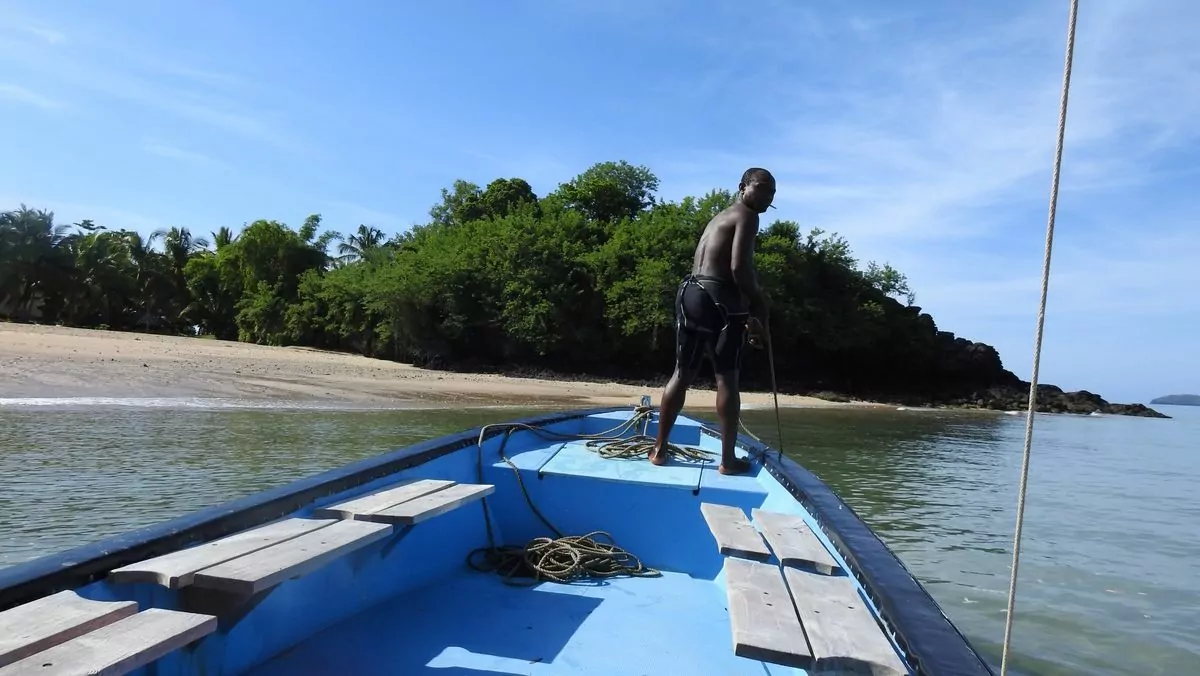
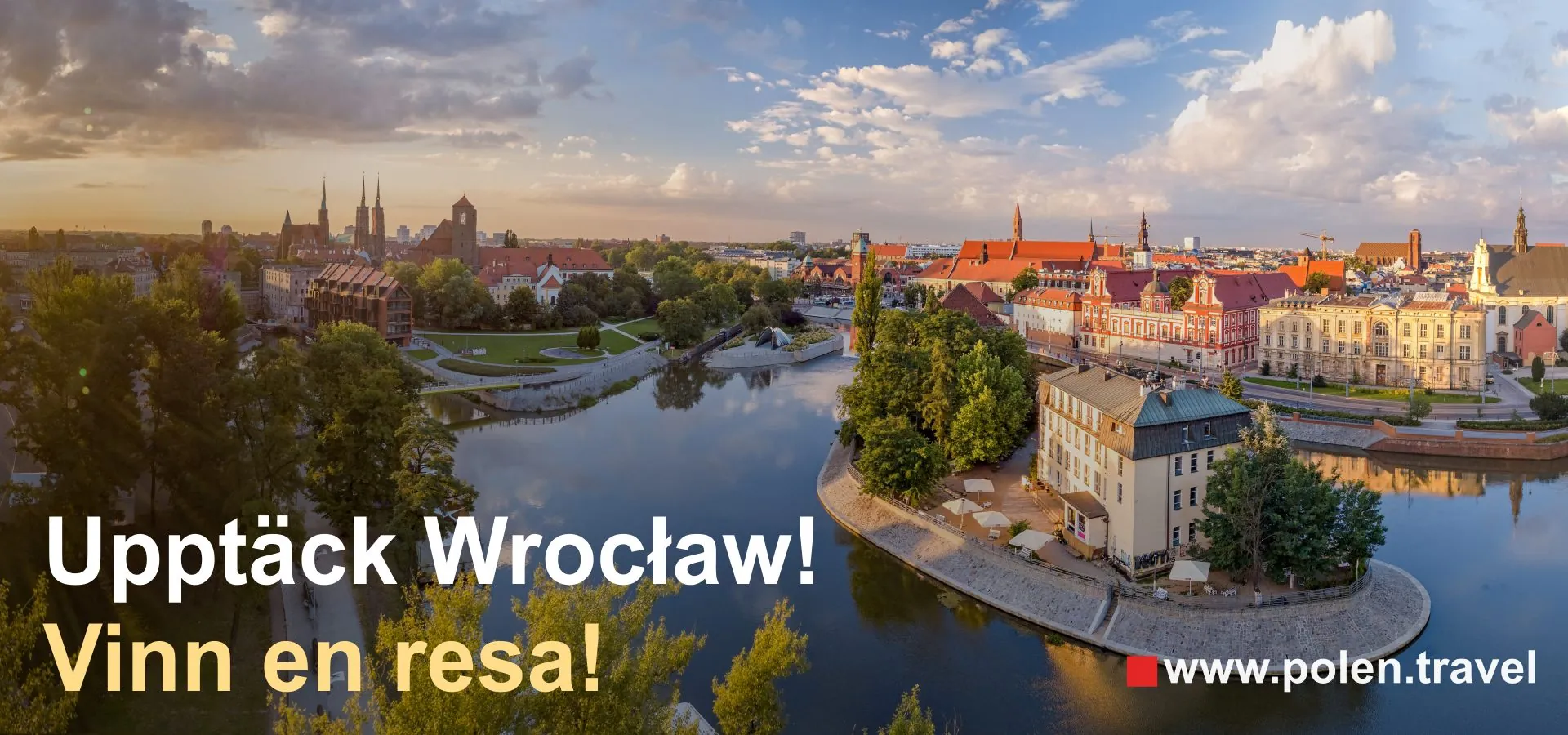






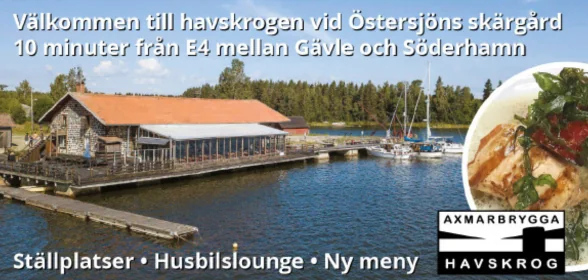
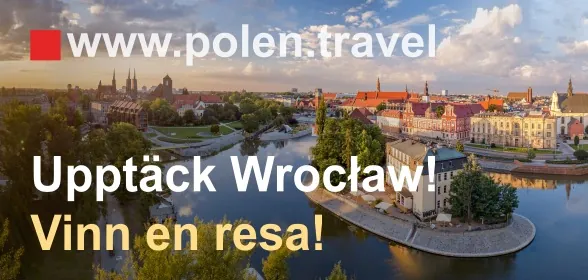
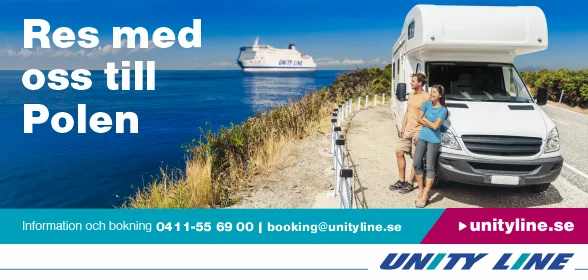
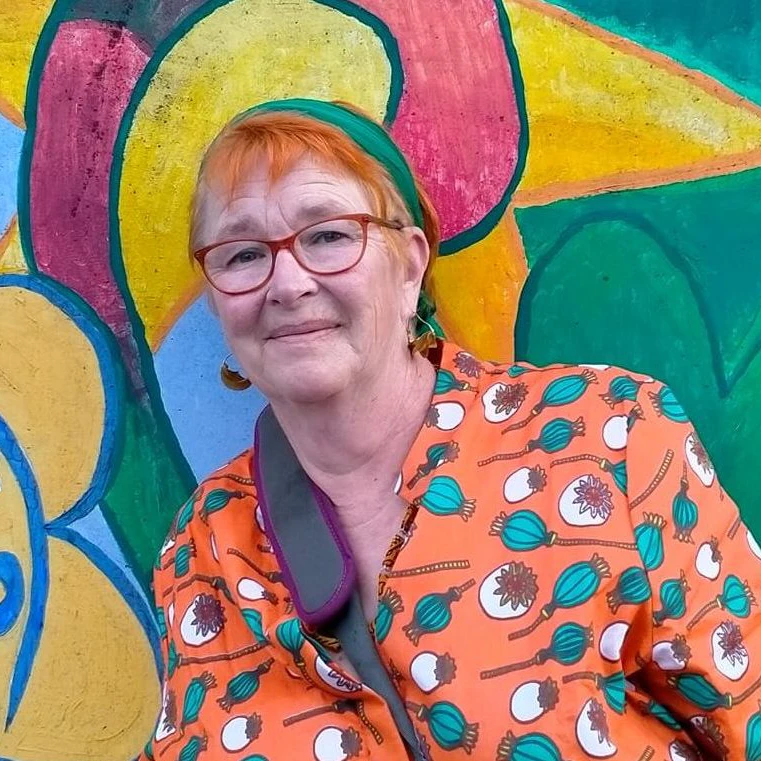
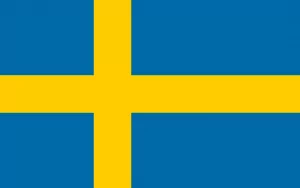
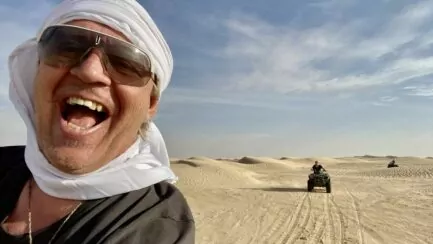
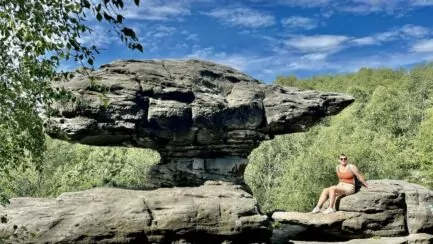
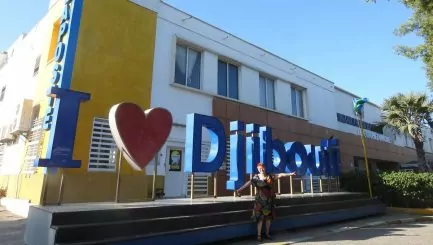
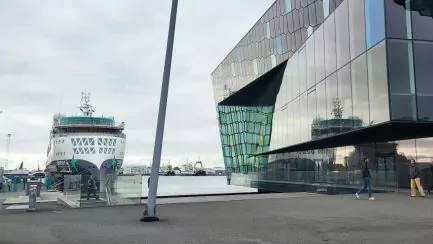
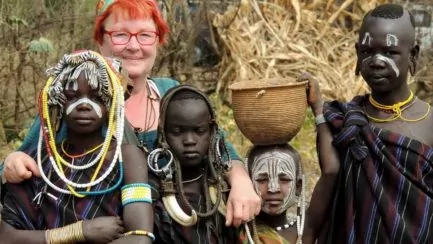
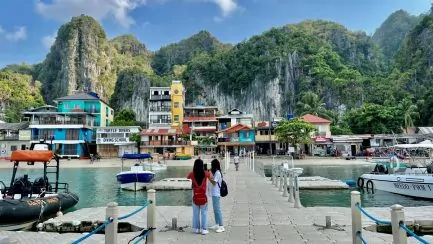



Carin Ager says:
Great experiences and admire the sense of daring to make the journey. Interesting to read, thank you
19 March 2023 - 10:15
Anna Nilsson Spets says:
Carina, yes it's not a beginner's country to travel to, but it was worth the hassle. Also very safe.
19 March 2023 - 19:32
4000mil says:
Wonderful trip! And how cool you are to do this, even by yourself!
Googling "scolopender" with a shudder... 🙂 🙂
19 March 2023 - 10:30
Anna Nilsson Spets says:
Oh yes, I was mostly afraid it was something worse like a scorpion because I was so far from the hospital.
19 March 2023 - 19:53
BP says:
You are really adventurous. So was I when I was around 30;-) The pictures you show are very reminiscent of how we had it in Gambia in the early 1980s. There, however, the rain showers were thankfully missing.
Googled your "beasts" - YUCK!!!! Like I said, you are really brave. Travelling alone to a tourist destination is one thing, but travelling to such a place probably requires your husband... I mean woman;-)
19 March 2023 - 15:10
Anna Nilsson Spets says:
I know nothing about tourist resorts... but I don't think it's my thing. And actually, it ISn't dangerous to travel alone woman, a bit of street smarts is enough. But travelling like I did when I was 18, I wouldn't dare now.
20 March 2023 - 5:46
Lena - gott för själen says:
Such an interesting read. And at the same time tragic about how the world looks in some places.
What an awesome trip, so cool to go off on your own and have an adventure!
Hug Lena
25 March 2023 - 8:19
Anna Nilsson Spets says:
It is useful to fake reality, I am grateful for what I have. The Comoros felt very safe for solo travellers, though with some infrastructural problems.
25 March 2023 - 8:48